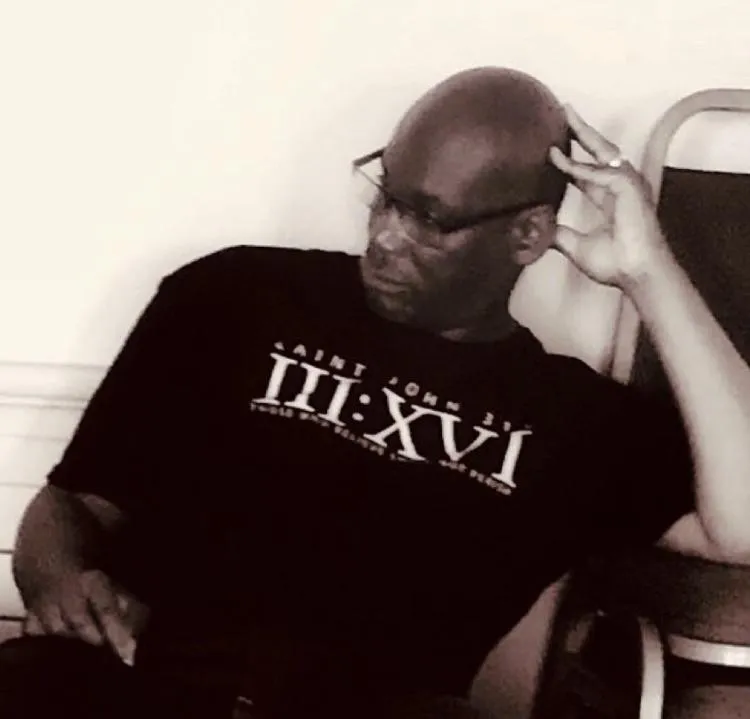REALTORS
We are your Partner in Short Sales
Low or No Equity?
Mortgage Balance Upside Down?
Real Solutions for Real Estate Problems
Why Partner with Us
Expertise in Distressed Properties
Our team has conducted thousands of transactions nationwide, encountering nearly every scenario imaginable, and we have successfully closed thousands of short sales.
For you as a realtor, we can save you valuable time so you can focus on what you do best: listing homes, selling houses, and earning commissions.
Simplifying the Short Sale Process
The average short sale deal takes 6 to 9 months to complete. However, we often cut that time in half because we know exactly what lenders need allowing us to streamline the process.
Our licensed realtors are on board to co-list the property, handle negotiations, and ensure everything runs efficiently. Let us take the complicated short sale process off your hands, so you can focus on your core responsibilities without the stress of juggling multiple tasks.
Give us a call today or submit your lead information below to begin the process right away!
No Obligation... Just a Conversation

Reverse Mortgages: The Hidden Risks and What You Need to Know
Reverse mortgages can seem like a lifeline for older homeowners looking to tap into their home’s equity during retirement, providing access to cash without monthly payments. However, these loans come with significant risks, particularly for those facing foreclosure or for heirs inheriting a home encumbered by a reverse mortgage. In this post, we’ll dive into the realities of reverse mortgages, including what triggers foreclosure, how they can drain a home’s equity, and what options exist for both homeowners and their heirs.
How Does a Reverse Mortgage Work?
A reverse mortgage allows homeowners aged 62 and older to convert a portion of their home equity into cash, often as a lump sum, line of credit, or monthly payments. Unlike a traditional mortgage, where the homeowner makes payments to the lender, the reverse mortgage essentially works in reverse, with the homeowner receiving payments instead. The loan balance grows over time due to accruing interest, which ultimately reduces the equity available in the home.
The loan becomes due when the homeowner sells the home, permanently moves out, or passes away. It’s important to note that while the homeowner is not required to make monthly payments, they must continue to pay property taxes, homeowners insurance, and keep up with home maintenance—failing to meet these obligations can trigger foreclosure.

What Triggers Foreclosure in a Reverse Mortgage?
While reverse mortgages can provide a stream of income during retirement, certain conditions, if not met, can lead to foreclosure. Common triggers include:
Failure to Pay Property Taxes or Insurance
Reverse mortgage holders must stay current on property taxes and homeowners insurance. Missing these payments can initiate foreclosure proceedings, even if the homeowner is still living in the home.Property No Longer the Primary Residence
Reverse mortgages require the property to remain the homeowner’s primary residence. If they move out for more than 12 consecutive months—whether to a nursing home or another residence—the loan may become due, and failure to repay could lead to foreclosure.Death of the Homeowner
When the homeowner passes away, the loan balance becomes due. If heirs want to keep the home, they must pay off the reverse mortgage. Otherwise, they may need to sell the property or allow the lender to foreclose.Neglecting Property Maintenance
Lenders expect homeowners to keep the property in good condition. If significant maintenance is neglected, it may constitute a breach of the loan agreement, allowing the lender to begin foreclosure proceedings.

How Reverse Mortgages Erode Equity
One of the most concerning aspects of reverse mortgages is the speed at which they can erode a home’s equity. Here’s how:
Rising Loan Balance
Unlike a traditional mortgage where the loan balance decreases over time, a reverse mortgage’s balance increases as interest accrues on the outstanding loan amount. Over time, this erodes the home’s equity, often more rapidly than many borrowers anticipate.High Fees and Closing Costs
Reverse mortgages come with upfront fees, such as origination fees, mortgage insurance, and closing costs, which reduce available equity right from the start. These costs can add up over time, further shrinking the remaining equity.Impact on Heirs
Many heirs are surprised to learn of a reverse mortgage only after the homeowner has passed away. They may find that much, if not all, of the home’s equity has been depleted. If the home’s value has declined, the heirs may owe more on the reverse mortgage than the home is worth, though they are not responsible for this difference.
Options for Heirs when Inheriting a Home with a Reverse Mortgage
If a loved one has passed away and left a home with a reverse mortgage, heirs have several options:
Repay the Loan
Heirs can choose to pay off the remaining loan balance, using personal funds or by refinancing if they want to keep the home. This allows them to retain ownership and any remaining equity.Sell the Home
Often, selling the home is the most practical choice for heirs. Proceeds from the sale go toward repaying the loan, and any remaining funds belong to the heirs. However, if the loan balance exceeds the home’s value, the lender will absorb the loss under a “non-recourse” provision, meaning heirs aren’t responsible for the shortfall.Allow Foreclosure
If there is little or no equity left, or if the heirs do not wish to keep the property, they may allow the lender to foreclose. While they won’t receive any proceeds from the sale, they also won’t owe any additional funds beyond the home’s value.

A Caution for Elderly Homeowners
While reverse mortgages can be a helpful tool for those needing supplemental income, they come with serious long-term consequences. Here are a few points to consider:
Equity Reduction
Reverse mortgages can rapidly diminish your home’s equity, which may be your most valuable asset. This can impact your ability to leave a financial legacy for your heirs or to draw on home equity for future needs.Consider the Financial Impact on Your Heirs
Make sure your heirs are aware of the reverse mortgage and understand its implications. Many families are caught off guard when they find out only after their loved one has passed, often with little remaining equity to inherit.Evaluate Alternative Options
If you’re considering a reverse mortgage, first explore other options, such as downsizing, selling the home outright, or using a home equity line of credit (HELOC). These alternatives can provide financial flexibility without the risks associated with a reverse mortgage.
Final Thoughts
Reverse mortgages can provide relief for some seniors but often come at the cost of the home’s equity. Understanding these risks is crucial for both homeowners and their families. At RDestiny Real Estate Investing, we’re committed to helping you navigate complex real estate decisions, including those involving reverse mortgages. If you’re considering a reverse mortgage or are an heir managing one, reach out to us. We’re here to offer guidance and help protect your financial future.




The sooner you address foreclosure, the more options you have. Don’t wait until it’s too late—call us today!

Keith B Ware
RDestiny REI CEO

Copyright © RDestinyREI 2024
CALL US - 617.958.7798

